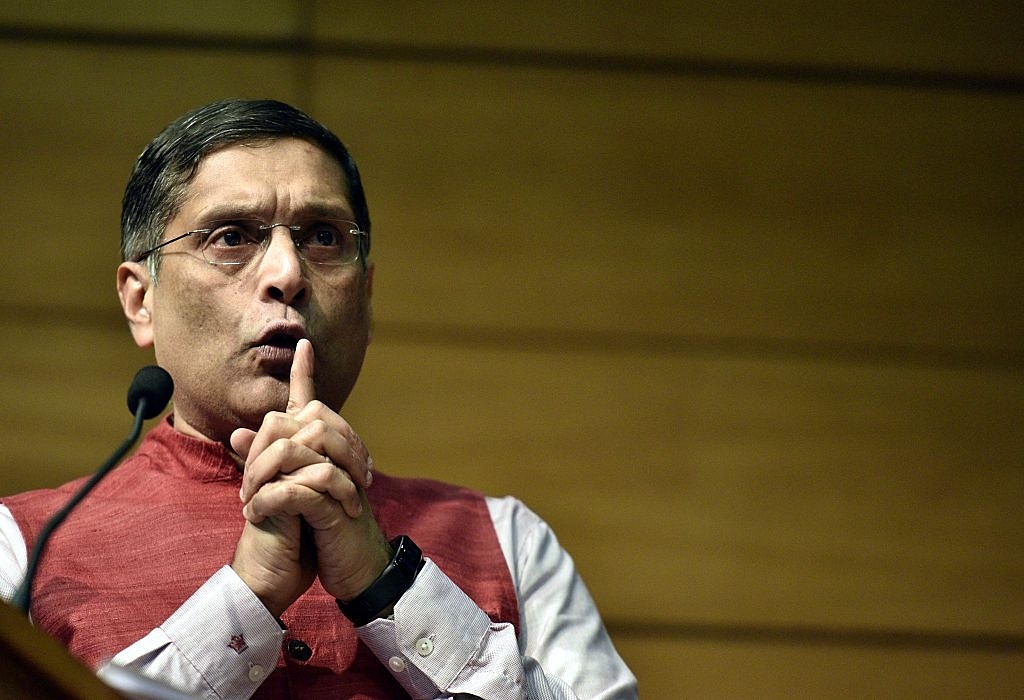Insta
Former CEA, Arvind Subramanian, Asks The RBI To Use Its Reserves To Fix The Financial System

Former Chief Economic Advisor (CEA), Arvind Subramanian. (Arun Sharma/Hindustan Times via Getty Images)
Former Chief Economic Advisor (CEA), Arvind Subramanian, addressing the Union government, said that RBI’s (Reserve Bank of India) current reserves should be judiciously utilised to fix India’s financial system, which would yield results over the long run, as reported by Economic Times (ET).
“But I would say very clearly that even though the RBI is over-capitalised, it should not be used for financing the deficit, expenditure... the excess capital must only be used for certain other purposes which will add to long-term growth of the economy. Also, it should be done cooperatively, not adversarily,” Mr Subramanian said on Thursday (14 December 2018).
Experts have suggested that the use of RBI capital to strengthen public sector banks will have many positive implications for the economy – and a few manageable downsides. Assuming, say, Rs 1 lakh crore of RBI capital has to be used to recapitalise public sector banks; it will make things better for the economy.
The bulk of the RBI’s reserves (i.e., extra capital) lie under two heads: one is the currency and gold revaluation account (just under Rs 7 lakh crore), and the other is Rs 2.5 lakh crore in contingency and asset development funds. A transfer of the RBI’s capital to the government would have to happen through one of these two options, or both: one is the sale of dollars, and the other is the sale of gold. Profits from these sales will be needed to reduce the reserves and show the proceeds in the P&L account for distribution to the government.
As of November 2018, India’s central bank holds Rs 9.79 lakh crore in reserves, a sum equivalent to 28 per cent of its assets. This is twice the global average of around 14 per cent.
Support Swarajya's 50 Ground Reports Project & Sponsor A Story
Every general election Swarajya does a 50 ground reports project.
Aimed only at serious readers and those who appreciate the nuances of political undercurrents, the project provides a sense of India's electoral landscape. As you know, these reports are produced after considerable investment of travel, time and effort on the ground.
This time too we've kicked off the project in style and have covered over 30 constituencies already. If you're someone who appreciates such work and have enjoyed our coverage please consider sponsoring a ground report for just Rs 2999 to Rs 19,999 - it goes a long way in helping us produce more quality reportage.
You can also back this project by becoming a subscriber for as little as Rs 999 - so do click on this links and choose a plan that suits you and back us.
Click below to contribute.
Latest